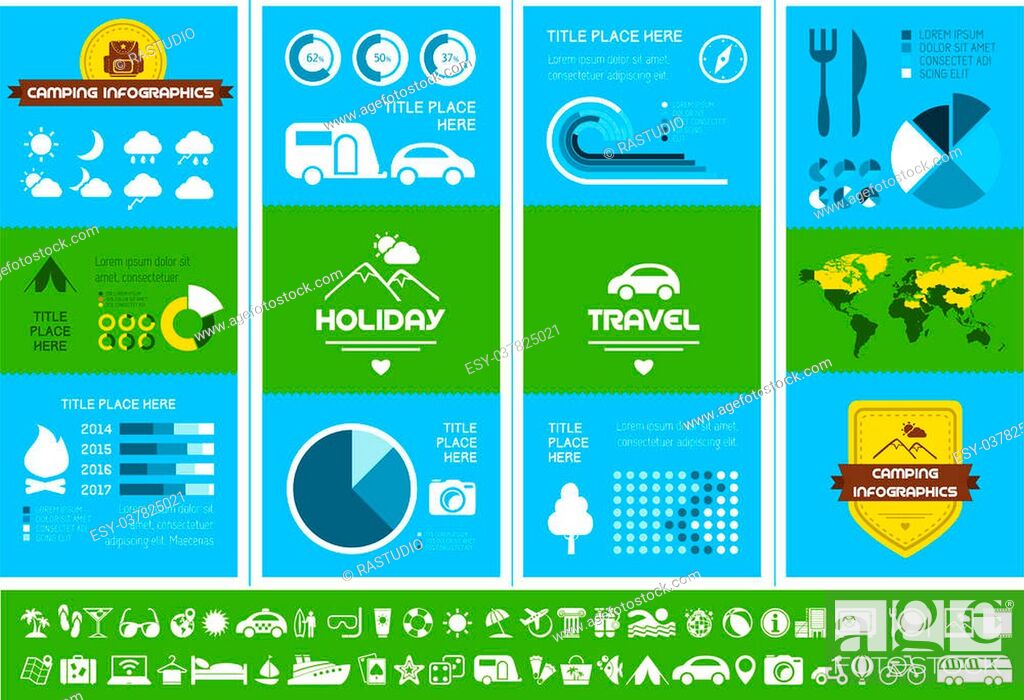The Future Of Wall Tent Pricing In Outdoor Markets
How Frame Material Impacts Camping Tent LongevityChoosing the right frame material is important for event camping tents. Whether it's layered steel for spending plan tents or anodized aluminum for durable applications, there are numerous factors to consider to bear in mind.
Steel structures prevail in lower-priced pop-up camping tents but are prone to deterioration despite finishings and require normal upkeep. Aluminum is lightweight, normally withstands rust, and holds up well in moist or coastal environments.
Steel
When it involves making certain the toughness of personalized tents, the material made use of in their frameworks plays an essential duty. Steel and light weight aluminum alloys both offer costs sturdiness, but each deals special benefits that make it ideal for different sorts of atmospheres. Steel is ideal for sturdy conditions, while aluminum master withstanding corrosion and minimizing upkeep expenses.
When occasion hosts select the ideal tent for their requirements, they require to think about aspects like expected weather. For example, framework tents commonly carry out much better in windy or rainy conditions than post tents due to the fact that they don't depend on a central post to sustain the structure. However, the connections between frame items can deteriorate in high anxiety circumstances. Determining these weaknesses and performing regular inspections can help stay clear of prospective damages.
Steel structures are hard to cut, weld or form, which can require specific devices and enhance labor expenses. In addition, they have a tendency to rust or rust easily and may require additional protection or finishes. Furthermore, steel is really heavy and can trigger concerns when transporting a canopy. It's additionally difficult to keep for extended periods of time since it occupies more area than light weight aluminum frameworks.
Light weight aluminum
Aluminum is a prominent structure product for canopy camping tents due to the fact that it's lightweight, rust-resistant, and very easy to transport and set up. It additionally offers an extra secure shelter during gusty problems than steel structures. Light weight aluminum is less prone to tearing and any type of damages can be conveniently fixed, prolonging the life of the tent. It likewise breathes to minimize condensation and offers remarkable acoustic insulation to wet outside noise.
The toughness of light weight aluminum structure tents is even more improved by the natural oxidation properties of the metal. It creates a small oxide layer that safeguards the surface area from deterioration and discolorations. As such, the longevity of an aluminum pop up tent can be improved even further when the frame is plated.
Plated light weight aluminum is more powerful than steel and can hold up against high wind rates. Furthermore, the finish stands up to corrosion and stains, extending the lifespan of the tent. In addition, plated light weight aluminum is recyclable and sustainable, making it ideal for businesses seeking LEED certification. The mix of these buildings rain gear makes light weight aluminum an extra economical choice than steel for large, heavy-duty outdoors tents, such as those used to accommodate commercial equipment and warehouse inventory. Steel, on the other hand, is much more costly because it requires pricey alloys such as nitrogen, molybdenum, and chromium to boost toughness.
Iron
Iron framework camping tents generally last up to 15 years if the appropriate treatment and maintenance is applied. This consists of consistently cleansing material and examining metal parts for rust and wear. By taking these measures, occasion hosts can optimize the dependability of their frames and guarantee their continued efficiency in difficult environments.
Steel is an ideal product for constructing durable camping tents, especially for usage in extreme weather conditions. It is a strong, sturdy, and budget-friendly product that uses security and durability for a variety of applications. Nonetheless, steel is prone to rusting in moist and seaside settings. The addition of safety layers and routine maintenance can aid to alleviate this risk, yet these efforts increase total upkeep costs.
On the other hand, aluminum is an extra resilient choice for a custom-made tent as a result of its all-natural oxidation residential or commercial properties. When plated, light weight aluminum becomes super-strong and approximately three times harder than common aluminum alloys. This makes plated aluminum the second-hardest material beside ruby (satellites, aircraft, and army lorries all make use of anodized aluminum). Along with its resilience, plated aluminum is additionally much more immune to rust than steel. These variables make aluminum a superb choice for turn up canopy camping tents and add to their ability to bring longer warranties (5, 7, and even life time frame guarantees). In addition, aluminum is 1/3 the weight of steel enabling a much thinner structure design for even more modification options and boosted toughness.
